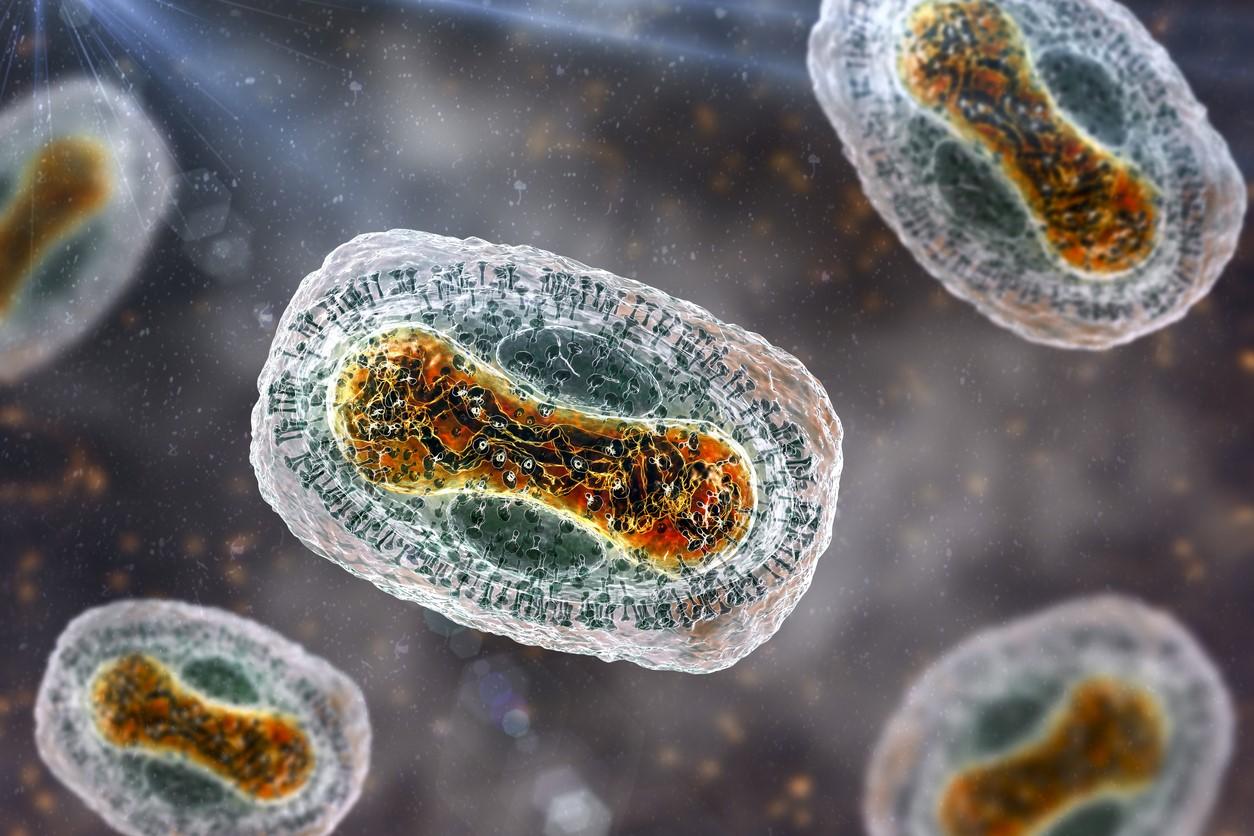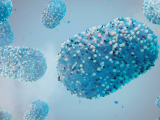Today World Health Organization (WHO) Director-General Tedros Adhanom Ghebeyesus, PhD, said the monkeypox outbreak in Europe continues to decline, and there are some signs the outbreak in the Americas is on the same trajectory.
"But as I said earlier, a downward trend can be the most dangerous time, if it opens the door to complacency," Tedros said in his weekly media address today.
Currently, the global total stands at 55,470 cases reported in 100 countries.
The Centers for Disease Control and Prevention (CDC) reported yesterday 771 more monkeypox cases, raising the nation's total to 20,733.
The United States has by far the most cases in the world, followed by Spain (6,749), Brazil (5,525), France (3,635), and Germany (3,511).
EU doubles vaccine supply
Today, Reuters reported the European Union secured an additional 170,920 doses of Bavarian Nordic's monkeypox vaccine, doubling its supply. The doses will be delivered to the European Union by the end of the year.
In related news, the US Department of Health and Human Services (HHS) announced today a $20 million contract with AmerisourceBergen to expand and speed distribution of monkeypox vaccine and treatment. The money will directly impact the distribution of the Jynneos vaccine from the Strategic National Stockpile to local US health departments, as well as Tpoxx, an antiviral.
According to HHS, the move allows up to 2,500 shipments per week of frozen Jynneos vaccine and up to 2,500 ambient temperature shipments per week, which can be used for Tpoxx distribution.
"This new commercial contract will help deliver vaccines and treatments to communities and at-risk individuals more quickly and bring us a step closer to ending the current outbreak," said HHS Assistant Secretary Dawn O'Connell in a press release.
Study shows proctitis cases with no rash
A new study from Israel published in Clinical Infectious Diseases yesterday describes an atypical presentation of monkeypox in men who experience proctitis as their main symptom.
The study included 70 men who have sex with men (MSM) confirmed to have monkeypox. More than a third presented with proctitis, and in two thirds of proctitis patients, there was no typical rash upon presentation, and in one-fifth, there was no rash at all, making diagnosis difficult.
For MSM who develop proctitis, the authors suggest obtaining a rectal swab for polymerase chain reaction (PCR) testing.






















